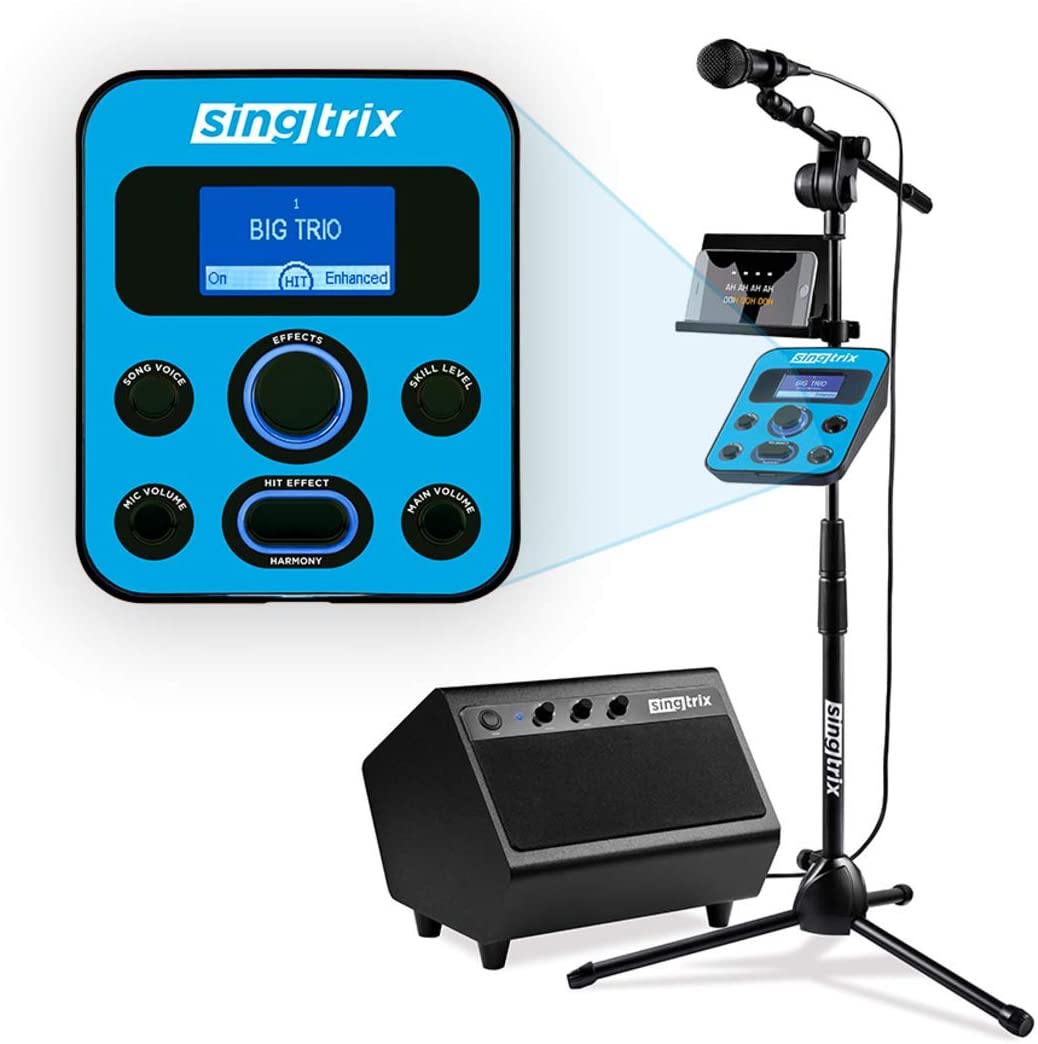

There are more than 100,000 karaoke boxes across Japan, down from a peak of 160,680 in 1996, and operators used the down-time to ensure that venues would be able to reopen as soon as the authorities lifted the state of emergency. There was immediate concern within the industry that venues would inevitably become a hotbed of transmissions as they clearly violated the “three Cs” of closed spaces, crowded places and close-contact settings. Japan’s karaoke boxes were among the first businesses to shut down when the true scale of the coronavirus outbreak in Japan became apparent.

I guess we all sort of took it for granted”. “It’s funny, but I’ve only realised how much I missed being able to do karaoke when it was impossible to do it. “The most important thing, for me, is that I can at last come back and sing with my friends or by myself”, she said. “It felt a little different at first, but once you start singing you very quickly do not notice it any more”, said Moe Hatakayama, a part-time office worker who lives in Yokohama, south of Tokyo. Microphones are sanitised after every session and then encased in a plastic cover, the maximum number of people in a 12-person “party room” has been cut in half, while taped markers on the floor in the lobby indicate how far people should stay away from each other. The front desk staff at the Big Echo karaoke venue, in the nightlife district to the west of Yokohama Station, are behind a thick sheet of clear plastic hanging from the ceiling and food and drinks are delivered to individual booths by employees in face masks and rubber gloves. Like every other aspect of daily life in virus-hit Japan, which has reported 16,719 infections and 874 deaths, things have changed. While the Japanese government still recommends that karaoke boxes remain closed out of concern that people singing in enclosed spaces are more likely to share the coronavirus, the vast majority of cities and local prefectures across the country gave operators the green light on Wednesday for the crooning to resume.


As sacred as the pub to Britons and church to Americans, Japan’s karaoke boxes are once again throwing open their doors to anyone - regardless of ability - who has the urge to sing.


 0 kommentar(er)
0 kommentar(er)
